Shifting Liability: Airlines Chip In to Limit Fraud
Share

APEX Insight: A shift in accountability from credit card companies to merchants over fraudulent transactions means many vendors are starting to transition to the more secure chip enabled Point of Sale terminals. While fraudulent in-flight purchases are a minor issue for airlines – many bemoan the cost of upgrading to chip enabled card readers – Rich Salter chair of APEX’s Payment Technologies Working Group says “As the industry wants to get to selling higher value items, we don’t want to have that liability on us.”
This past October 1 was the date that credit card companies in the US shifted the liability for fraudulent charges to merchants. In order to help combat this form of fraud, Visa, MasterCard and other companies have been moving to chip enabled cards. These cards allow for the use of a customer’s Personal Verification Number (PIN) to verify a purchase at a Point of Sale (POS) terminal, a process that some card issuers have not implemented. The chip and PIN technology is widely in use worldwide, but the chip card’s rollout is taking its time in the US.
“If you’re a person and you’ve been using a credit card with a signature, that’s just ingrained in how you think things should work. So disrupting that customer experience is a concern,” says Matthew Alcuri, VP product management, MasterCard. An interim step where a customer will continue to use a signature for purchase verification is in place, but the key to fraud reduction is the use of chip cards.
Alcuri reviewed MasterCard’s data in his presentation at APEX TECH on Wednesday morning, saying that 60 percent of the industry’s US credit cards will be chip enabled by the end of 2016, along with 40 percent of POS terminals. “The consumer is starting to build some expectations as it relates to the chip card, and they’re starting to see the value of chip cards from a security perspective. The chip, whether it’s signature or PIN, does a significant job in reducing the counterfeit fraud,” says Alcuri.
APEX’s Payment Technologies Working Group (PTWG), chaired by Rich Salter, was created in response to the liability shift deadline. Some airlines were concerned about the changeover, and the need to update the hundreds of thousands onboard POS devices to chip and PIN technology, while others felt that onboard fraud wasn’t an issue, explained Salter.
“As the industry wants to get to selling higher value items, we don’t want to have that liability on us.” – Rich Salter, Lumexis
However, the PTWG requested a two-year delay in the changeover date from credit card companies, in order to give airline members additional time to update equipment. The request was denied, but Salter says that “it’s been education to the membership, but more than that, it’s been establishing a relationship with Visa, MasterCard and the others. If you look at the fraud data right now for onboard use, it’s extremely small. But then the things we’re selling onboard are really small. As the industry wants to get to selling higher value items, we don’t want to have that liability on us.”


